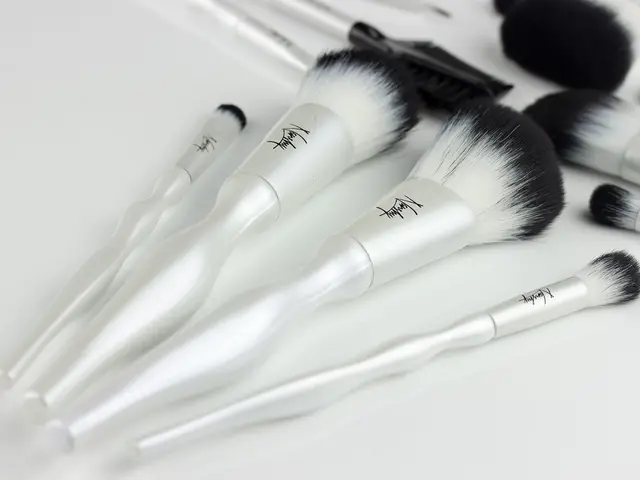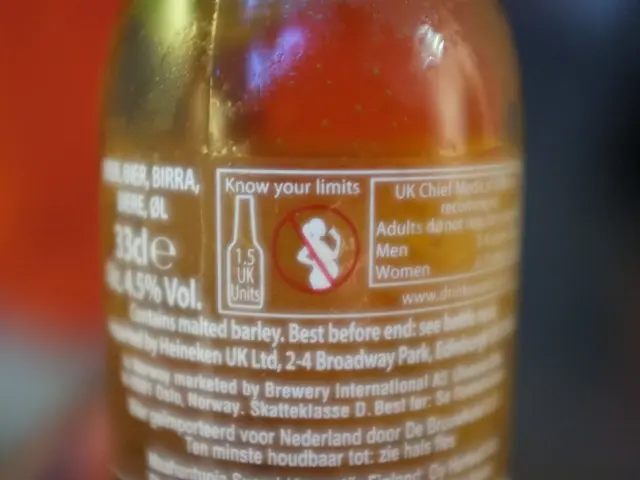Mask failures in testing: nearly one-third fall short
Foot Masks Under Scrutiny: Öko-Test Exposes Problematic Ingredients in Several Brands
BERLIN — Foot masks, marketed as an easy solution for stressed foot care, have come under scrutiny from consumer magazine Öko-Test. The publication examined 13 products, finding several with problematic ingredients, including well-known brands.
In their latest issue, Öko-Test evaluated foot masks available at drugstores, cosmetics chains, and online shops. Prices for the tested products ranged from 1.99 to 4.99 euros per pair. The masks were assessed for their ability to care for dry or stressed feet, but products specifically designed for calluses were excluded from the test.
Six masks received the ratings "very good" or "good," including Balea's foot sock mask, Be Routine intensive care foot socks, and the Fusswohl foot mask. Products from Mr. & Mrs. Panda, Douglas, and Schaebens also received positive assessments for their ingredient composition.
Three products, however, failed in the Öko-Test assessment, with criticism raised about the usage of preservatives such as chlorphenesin, which can cause skin irritation, the antioxidant BHT, suspected of having hormonal effects, and formaldehyde. One product even contained aromatic mineral oil hydrocarbons (MOAH), considered potentially carcinogenic. Other downgrades were given for salicylic acid and PEG compounds.
Beyond the ingredients, Öko-Testers also criticized a lack of warnings about potential slip hazards and inadequate German language instructions for application. Additionally, eight products were found to contain poorly biodegradable plastic compounds, and no manufacturer could prove the use of recycled plastic for packaging.
Jan-Olaf Piontek, a dermatologist, stated that foot masks are not essential for daily foot care, stating their effect is primarily due to the occlusion effect, which aids in the better penetration of active ingredients. Piontek recommends using a urea cream at night and a simple, fragrance-free care cream in the morning for foot skin care.
From a medical perspective, proper footwear is important in preventing foot problems. If the skin becomes cracked, Piontek advises visiting a dermatologist's practice. Those with sensitive skin should choose foot masks free from irritants, and it is always a good idea to patch test new products before use.
While Öko-Test did not publish results for their June 2025 issue regarding foot mask products or their ingredients, the magazine regularly tests cosmetics and household items for safety and environmental concerns. Some common problematic ingredients in skincare products, like moisturizers and masks, include parabens, formaldehyde-releasing preservatives, certain fragrances, and harsh acids or detergents. Choose foot masks free from allergens and irritants when available, and always follow manufacturers' instructions for safe use.
- The problematic ingredients found in several foot mask brands, as revealed by Öko-Test, include chlorphenesin, BHT, formaldehyde, salicylic acid, and PEG compounds.
- From a dermatologist's perspective, foot masks are not essential for daily foot care, and a urea cream at night and a simple, fragrance-free care cream in the morning are recommended for foot skin care.
- In addition to ensuring the foot masks are free from allergens and irritants, it is important to be aware of potential slip hazards, inadequate German language instructions, and the use of poorly biodegradable plastic compounds or lack of recycled materials in packaging.








